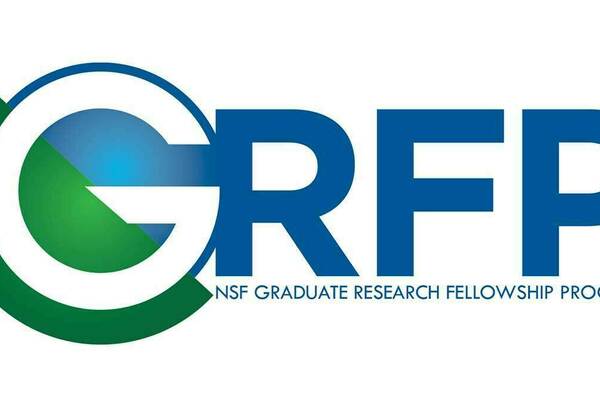While climate change is primarily understood through a science lens, associate professor of English Roy Scranton said it’s also a political, cultural, philosophical, and social justice issue. So, integrating ecology, scholarship, and the arts is critical to be able to confront its causes and consequences.
Notre Dame’s Environmental Humanities Initiative — which he directs — is a dynamic intervention aimed at doing just that. It fosters innovative undergraduate education, scholarly research, creative endeavor, and institutional diversity on critical environmental issues. And it uses a comparative humanities perspective that foregrounds questions of ethics and meaning.
Scranton, who also directs the Creative Writing Program, said Notre Dame’s Catholic character and commitment to the humanities endow the University with a unique perspective, and role, in leading an international conversation about addressing the global crisis.
“There’s an emphasis on the spirit here, on the soul, on the character of the community that’s inflected by a concern for social justice and inflected by the focus on integral ecology and ethics and compassion that we see in Pope Francis’s 2015 encyclical Laudato si’.”


